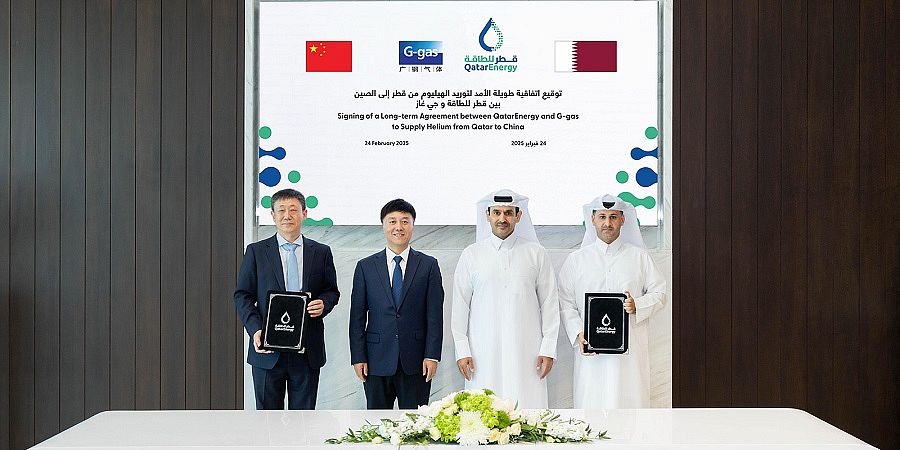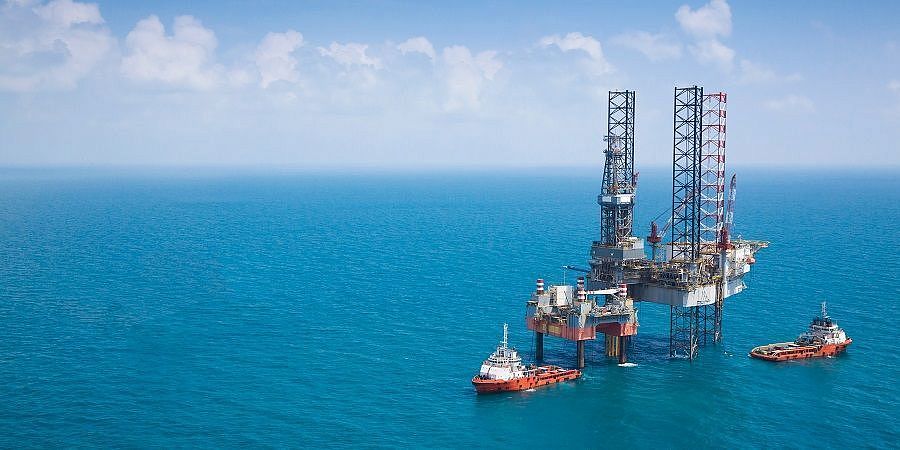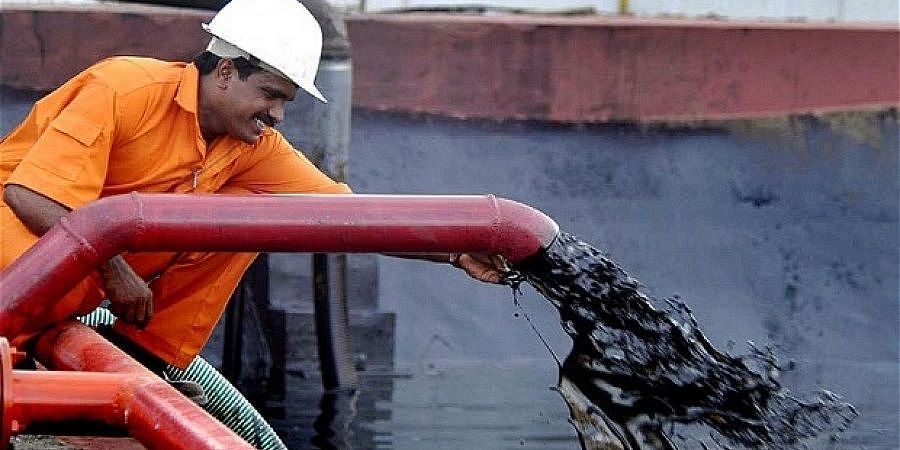But China, the world’s biggest single energy consumer, opposes sanctions and said its trade with Russia, including oil & gas, would continue.
And the total revenue would be no match for the loss from Europe because of the low contracted price, said Tatiana Mitrova, research fellow at the Centre on Global Energy Policy, Columbia University.
She said on the sidelines of the Doha Forum in Qatar:
- They are definitely not able to offset the whole exports which are now going to the West
There are plans to significantly increase pipeline capacity to almost 100 bcm and boost LNG sales too.
According to Mitrova:
- However, Russia is exporting about 170 bcm of gas to the European markets every year and the prices for the 2 buyers are «dramatically different»
- But given the sanctions and isolation that Russia was facing, cooperation with China would be more important in terms of providing products in exchange for gas
- You remember this ‘oil for products’ programme in Iran?
- It’s rather moving in this direction, not about trading, but just about providing the inflow of the most necessary goods and products
The most significant one was for Gazprom to supply China via a new pipeline from the far eastern island of Sakhalin to China’s northeastern Heilongjiang province.
When the line is in operation by 2026, the annual supply of pipeline gas from Russia to China will rise to 48 bcm, nearly 5 times the 2021 figure.
Additionally Gazprom is making preliminary preparations for another pipeline through Mongolia, which could provide another 50 bcm a year to China once up and running.
Meanwhile, European states are rushing to find replacement of the Russian gas, and Qatar, the world’s largest LNG exporter, is viewed as a potential alternative.
On Saturday, Ukrainian President Zelensky addressed the forum via a video call, in which he called on energy-producing countries such as Qatar to increase gas supplies so that Europe no longer relied on Russian gas.
He told the forum:
- Immediately, I don’t think we can help, and nobody can replace [Russian gas]
- Most of Qatar’s LNG – probably 85 % – was going to Asia under long-term and non-divertible contracts
Author: Liu Zhen








